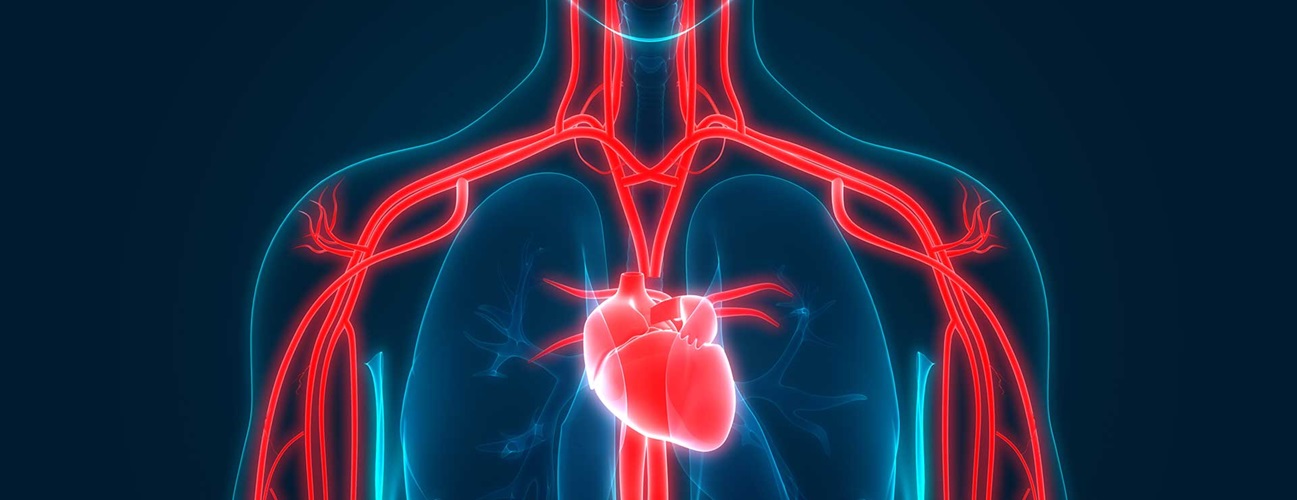LEXINGTON, Ky. — Ever since she was 12 years old, Barbie Johnson has been a Kentucky girl at heart. Raised in the bluegrass, Barbie has worked at UK HealthCare for 18 years, first in gynecologic oncology and now in surgery scheduling. But she had no idea that while working with patients, she would eventually become one herself.
In July 2020, she found a lump while performing a self-breast exam. That was when her entire world turned upside down.
Barbie was diagnosed with ER+/PR+ breast cancer. ER (estrogen receptor) positive breast cancers depend on the hormone estrogen to grow. About 80% of breast cancers are ER positive. Barbie had no family history of breast cancer, and genetic testing revealed no mutations or predisposition for the disease.
 Not long after the diagnosis, Barbie began treatment for breast cancer at the University of Kentucky Markey Cancer Center. Her medical oncologist, Jessica Moss, M.D., started her on a standard neoadjuvant chemotherapy regimen given before surgery to shrink cancers.
Not long after the diagnosis, Barbie began treatment for breast cancer at the University of Kentucky Markey Cancer Center. Her medical oncologist, Jessica Moss, M.D., started her on a standard neoadjuvant chemotherapy regimen given before surgery to shrink cancers.
Barbie’s regimen included the drugs doxorubicin – known by the brand name Adriamycin – f and paclitaxel, more commonly known as Taxol. These two chemotherapy drugs are frequently used to treat breast cancer. Following chemotherapy, surgical oncologist Erin Burke, M.D., removed what remained of the mass by performing a lumpectomy, a surgery in which the cancer is removed while preserving most of the breast.
After surgery, Moss retested Barbie’s tumor and discovered that her cancer was classified as HER2+, not HER2- as it had been on the initial biopsy. Breast cancers that are ER+ and HER2+ are more aggressive than ER+ and HER2- breast cancers. In addition to chemotherapy, HER2+ breast cancers require targeted therapies against the HER2 protein that is over-expressed on the surface of the cancer cells to keep them from dividing and spreading to other areas of the body.
This new information led Moss to adjust Barbie’s treatment plan, which included an injection of the trastuzumab – name brand Herceptin – every three weeks for a year. Barbie received a routine echocardiogram (echo) to ensure her heart was strong enough for the shot. At this moment, the toughest journey of Barbie Johnson’s life got even tougher.
The echo revealed chemo-induced cardiomyopathy, a heart muscle disease that makes it harder for the heart to pump blood to the rest of the body. Cardiomyopathy can lead to heart failure. Barbie was referred to Amit Arbune, M.D., director of the cardio-oncology program at UK HealthCare, and had to postpone continuing the shot, which prolonged her treatment even more.
Cancer-induced heart problems affect nearly 10% of cancer patients. These problems, including cardiomyopathy and congestive heart failure, can be caused by cancer treatments such as chemotherapy, immunotherapy or radiation therapy. Symptoms of these health issues can develop immediately during treatment or decades after cancer survivors complete treatment.
Echocardiograms are required when starting certain chemotherapy treatments, including Herceptin. While chemotherapy effectively treated Barbie’s cancer, without intervention from Arbune and his team, she would have been at high risk for heart disease.
Barbie made a vow that she would not let the disease beat her. She was determined to get her heart healthy to return to her treatment plan and beat her cancer. She took full control of her health and began exercising regularly and eating better. With her lifestyle changes combined with Arbune’s interventions, her heart was healthier, and she could resume her cancer treatment.
Though Barbie says today she feels healthy, she is still scared of the uncertainties that come with being a cancer survivor. She continues to follow up regularly with Arbune as well as her oncologists.
Click here for more Kentucky business news.



















